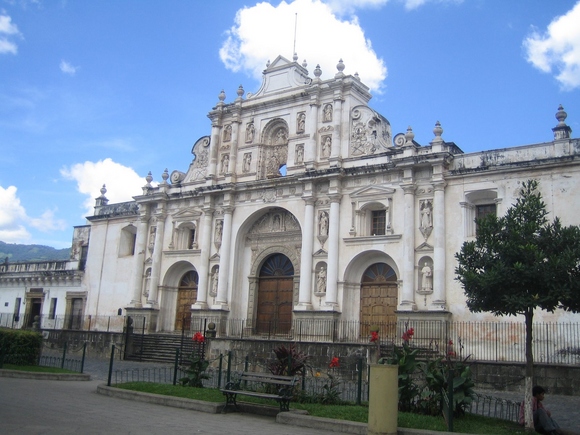
Religious freedom is guaranteed in the Guatemalan Constitution and protected by various governmental entities.
The 2010 International Religious Freedom Report issued by the U.S. Department of State noted that the Guatemalan government generally respected religious freedom in practice, which is the highest level of respect afforded to religion under that report. Additionally, the Report states that for 2010 there were no reports of religious prisoners or detainees or forced conversions or societal abuses or discrimination on the basis of “religious affiliation, belief, or practice.” Incidents involving religious discrimination do sometimes occur, however, as was evidenced in 2008 when Guatemala barred one Jose Luis Miranda, a Puerto Rican who claimed to be the Antichrist, from entering the country. Officially, Miranda was denied entry under Article 29 of the Immigration Law, but it seemed clear that the denial was based more on his religious views.
Guatemala, like many Latin American countries, is plagued with problems of governmental corruption. Such corruption could negatively impact religion or result in differential treatment of religious entities based on their resources; however, there appears to be no documentation of such occurrences.
The majority of Guatemala’s population is Catholic. While no official census results exist on point, estimates are that sixty-five to seventy percent of the country’s population is Catholic. The Catholics are followed by the Protestants, who are estimated to comprise approximately thirty-five to forty percent of the population. Other faiths that maintain membership in Guatemala include: Baptists, Presbyterians, Lutherans, Episcopalians, Seventh-day Adventists, members of The Church of Jesus Christ of Latter-day Saints, and Jehovah’s Witnesses. There are small populations of Jews and Muslims as well but their presence is limited primarily to Guatemala City.
The Guatemalan Constitution, in all its incarnations since 1921, has contained a clause guaranteeing the protection of religious freedom. The most recent version of this document continues this trend. Guatemalan law dealing directly with religion is sparse and deals mostly with religions’ legal entity statuses. Most laws that impact religion are not directly aimed at regulating religious organizations but simply include religious groups and their activities in the scope of activities covered by the law.